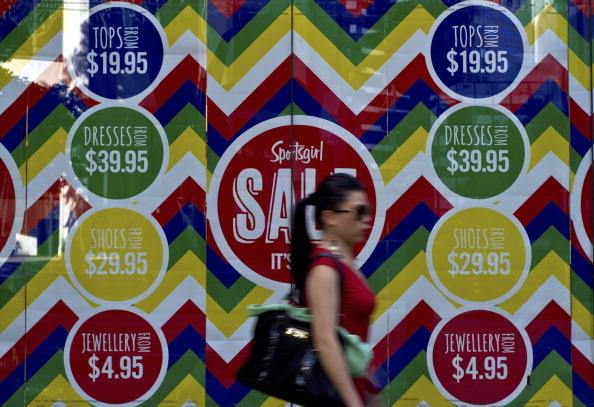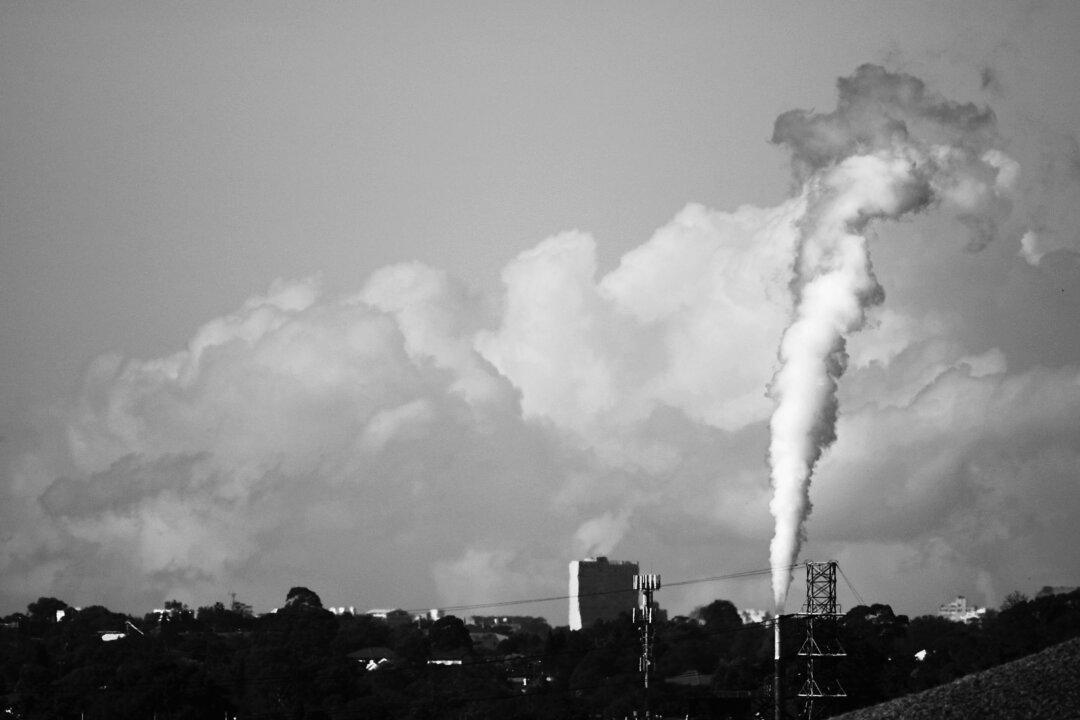The high Australian dollar has instilled fear in many sectors of Australia’s economy, but Reserve Bank deputy governor Phillip Lowe says all we need is a little flexibility.
Addressing the Australian Industry Group at their Annual Economic Forum this week, Mr Lowe highlighted a need for structural changes in the manufacturing industry.
“Manufacturing still has an important role to play in the Australian economy … ,” said Mr Lowe. “[But] the high exchange rate means the manufacturing industry has little choice but to move up the value-added chain in order to compete.”
Put simply, our current manufactured goods can no longer compete in world markets. But the growing market of professional, scientific and specialised machinery may be the way forward, as Australia’s high standard of education, research and development is a distinct advantage.
Is the Dollar Too High?
With Australia being a destination for ‘hot money,’ the Australian dollar has been known to overshoot its real value. However, Mr Lowe argues the dollar hasn’t been overvalued, as with the unprecedented boom in the mining sector, the dollar has produced positive spillover effects for the economy.
“[Mining] has delivered a very substantial increase in Australia’s real income and this increase has boosted spending,” said Mr Lowe.
With GDP close to trend, inflation around the target band and unemployment consistently low (between 5 to 5.25 per cent in the past year), there are no obvious signs that the Australian economy has suffered a contractionary effect from the high Australian dollar.
However, fear of the ‘dutch disease’ or hollowing out is still prevalent, as the retail, manufacturing and tourism sectors continue to suffer.
A recent survey conducted by credit reporting agency Dun & Bradstreet found that 37 per cent of small companies consider the strong dollar a big concern.
These concerns suggest the Australian economy has hit a turning point in its evolution. Structural change is inevitable, and if our industries fail to adapt, those industries will suffer.



